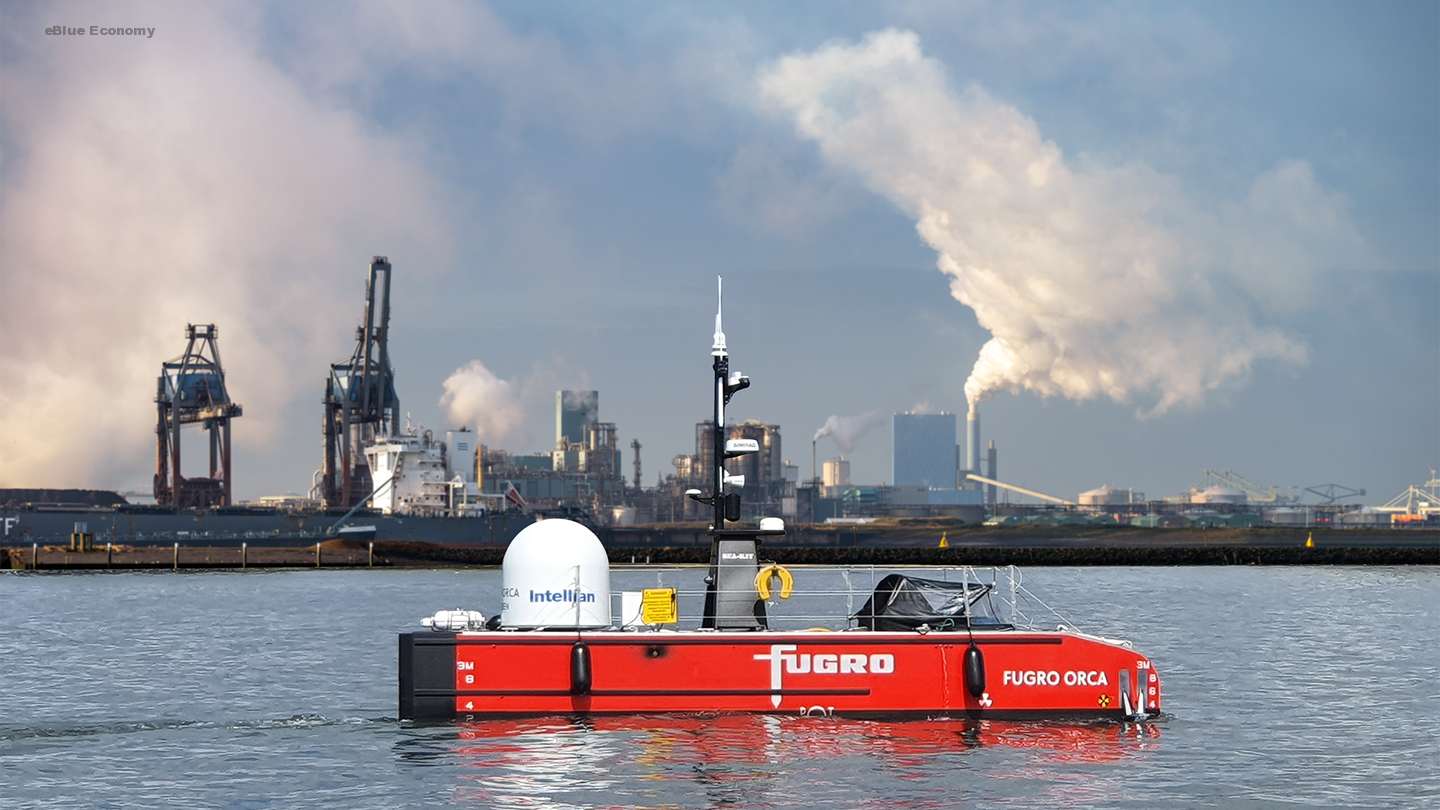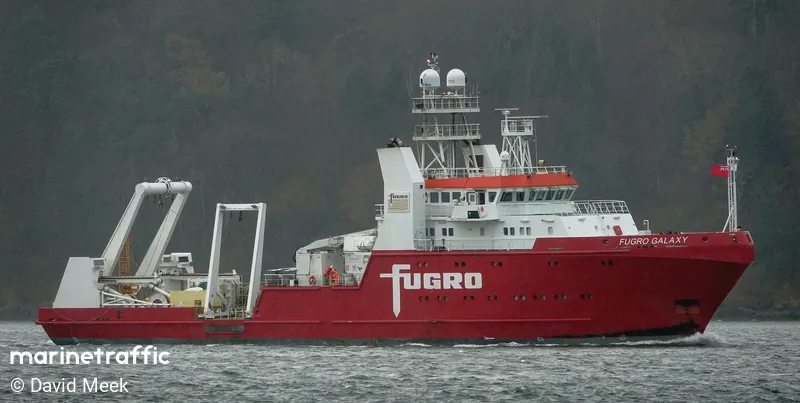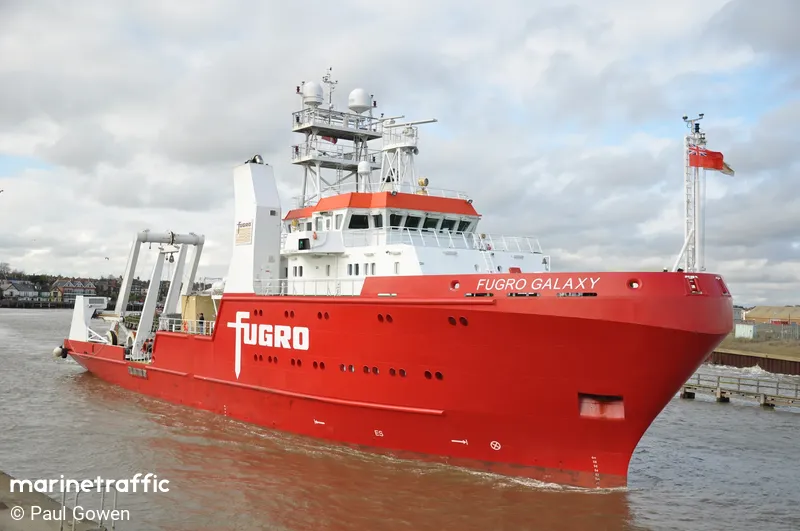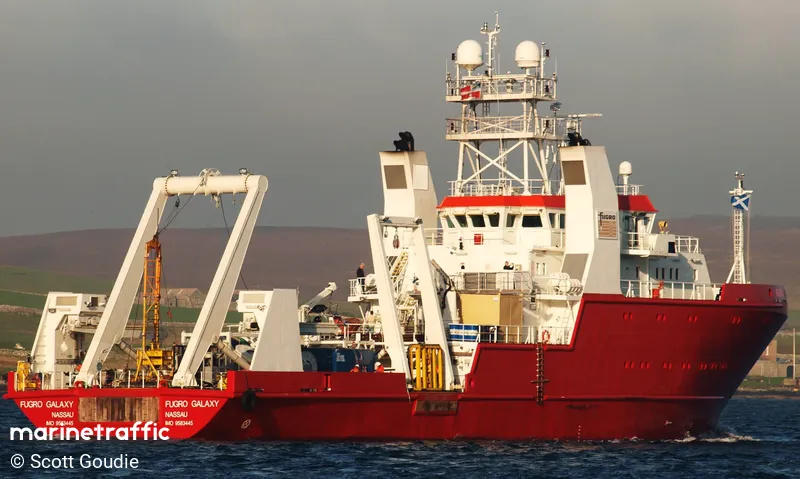Start of construction of heat pipeline between the port of Rotterdam and The Hague
The Blue Essence is the first offshore certified unmanned ship (USV) that can launch an electrically remote-controlled underwater robot. During the operations, the ship and the underwater robot will be operated from a control room onshore via a satellite connection.
They will be deployed for the inspection of offshore constructions, in supporting building work, and for carrying out hydrographic and geophysical research.
Harbourmaster René de Vries: ‘We welcome this special ship in our port. It is the first time that from the port of Rotterdam a remote-controlled unmanned ship will go to the North Sea and activities will be carried out by a vessel without the presence of a crew on board, and we are proud that this pilot can be carried out safely thanks to the careful preparations of all the parties involved. We expect that the development of digitization in the shipping industry will further promote the safety and accessibility of the port of Rotterdam. This pilot fits within our ambition of testing new technologies which can make our port even smarter, more efficient, and better.’
Reduction of CO2 footprint
USVs play an important role in the future of the maritime sector because they lead to improved safety, lower CO2 emissions, and more efficient delivery of data. Thanks to the deployment of USVs, the deployment of personnel will be moved from the high-risk offshore environment to a control room onshore and the CO2 footprint will be reduced by 95%, compared to the traditional research methods. The more efficient delivery of research results will be achieved by means of cloud-based processing techniques and will enable faster and better-informed decision-making.
Fugro is worldwide a leading Geo-data specialist and collects and analyses information about the earth and the structures built on it. Erik-Jan Bijvank, group director for Europe and Africa at Fugro: “Recently, Fugro’s first Blue Essence carried out its first unmanned inspection in the Indian Ocean. I am pleased that we now also have this new generation of USVs available for our European clients.”

Start of construction of heat pipeline between the port of Rotterdam and The Hague
On another side, Gasunie and the Ministry of Economic Affairs and Climate Policy had taken the final investment decision for the construction of a heat pipeline from the port of Rotterdam to The Hague.
The construction of the underground pipeline will make residual heat from companies in the port available to up to 120,000 homes and other buildings in the region. The construction of the WarmtelinQ pipeline is expected to be completed in 2025.
Using residual heat
At present, most industrial heat is released by for instance oil refining and petrochemical processes. By heating homes, business premises, and greenhouses with this residual heat, it will be put to good use and much less gas will be needed. Initially, the heat available in the Botlek and Pernis will be used. In the long term, the possibilities in Europoort and Maasvlakte will also be examined.
Greening of the heat
In the coming years, the industry will continue to electrify. The green energy from wind farms will then be used for the processes in hydrogen plants as well as in the existing industry. Even in this situation, the residual heat will continue to be released. In the production of, for example, green hydrogen by means of electrolysis, approximately 30% of the primary energy is released as residual heat. These sustainable residual heat sources ensure that the heat is increasingly ‘green‘.

















